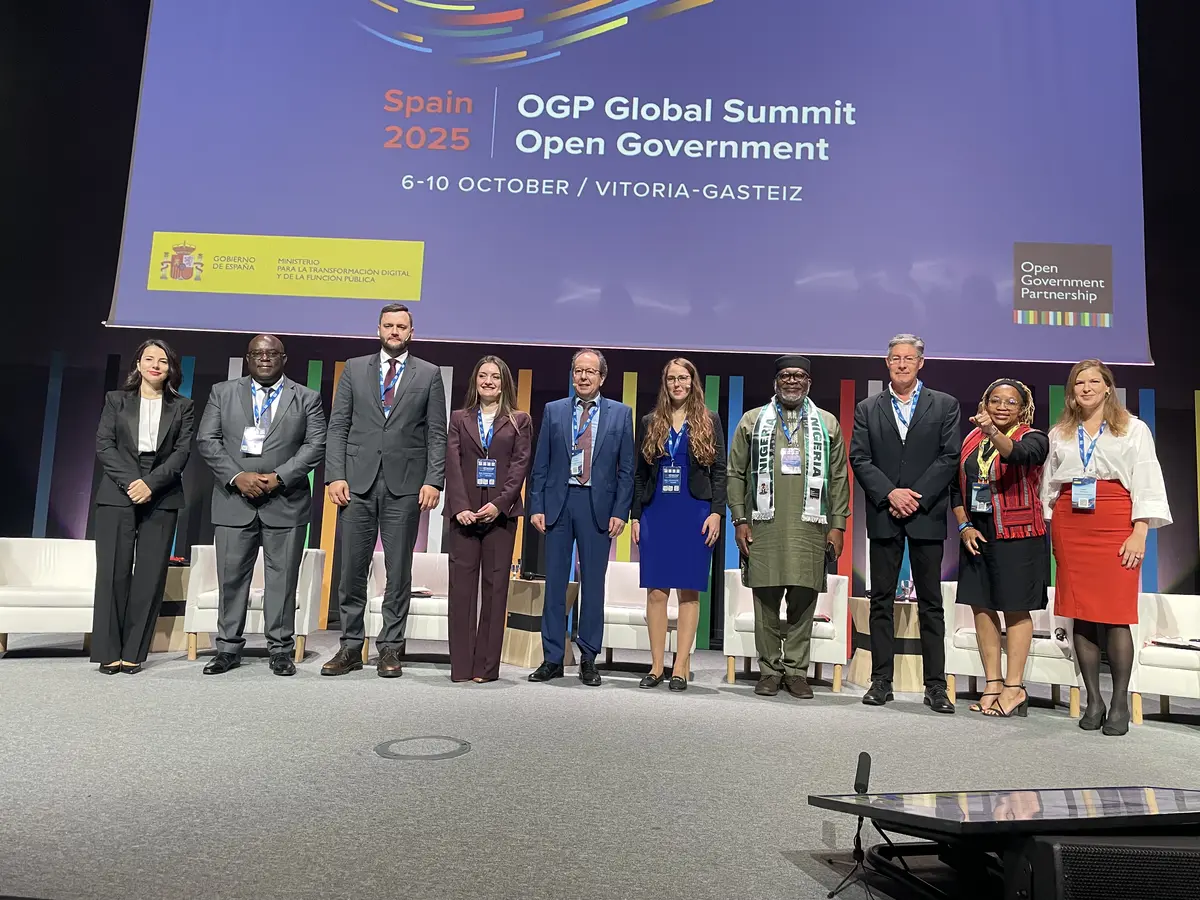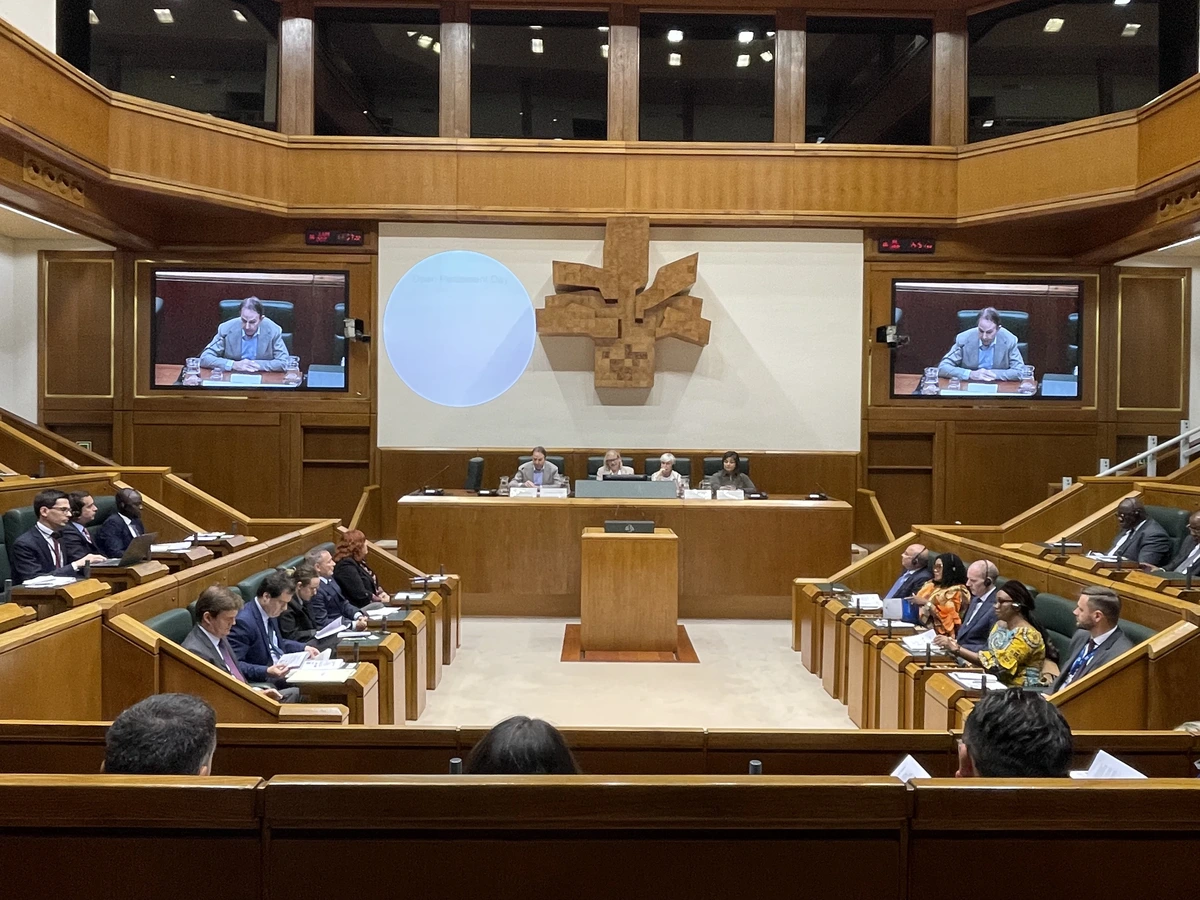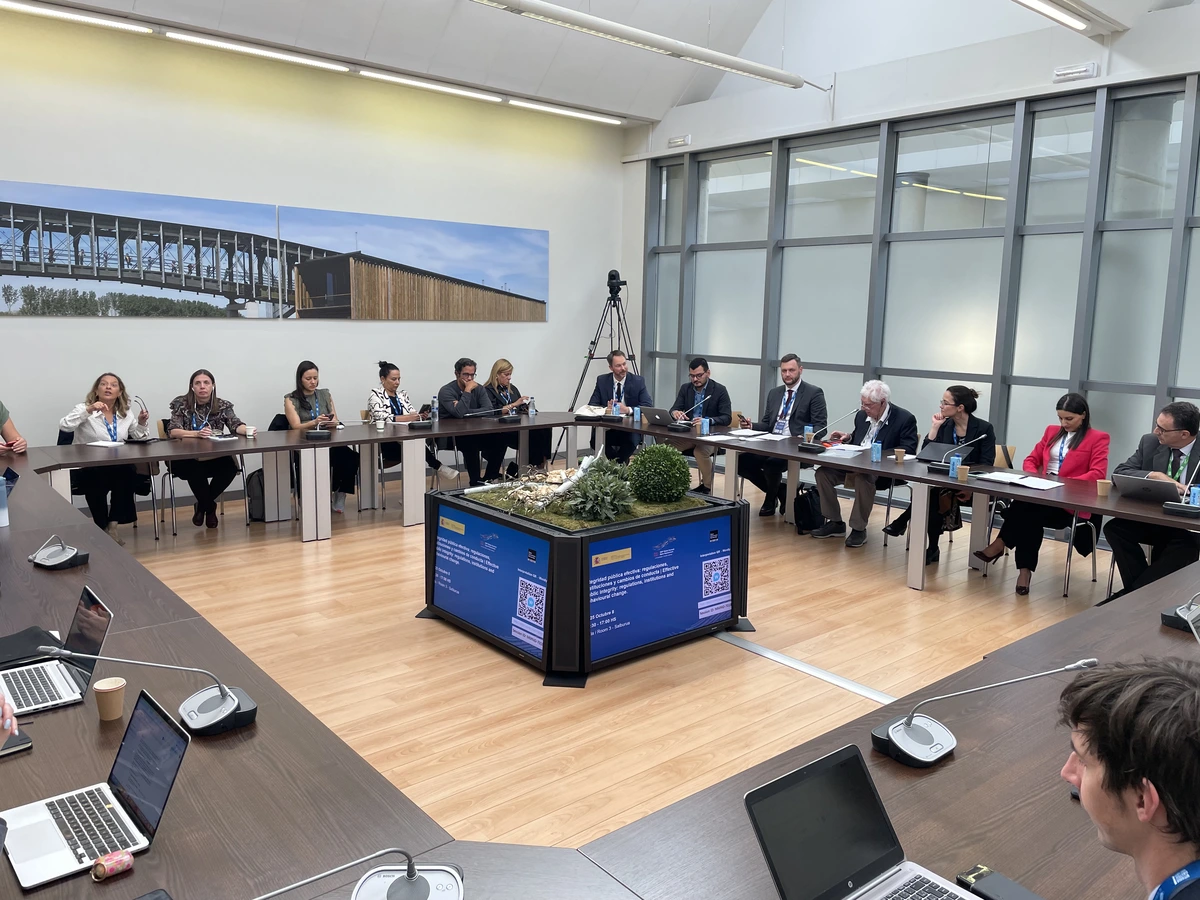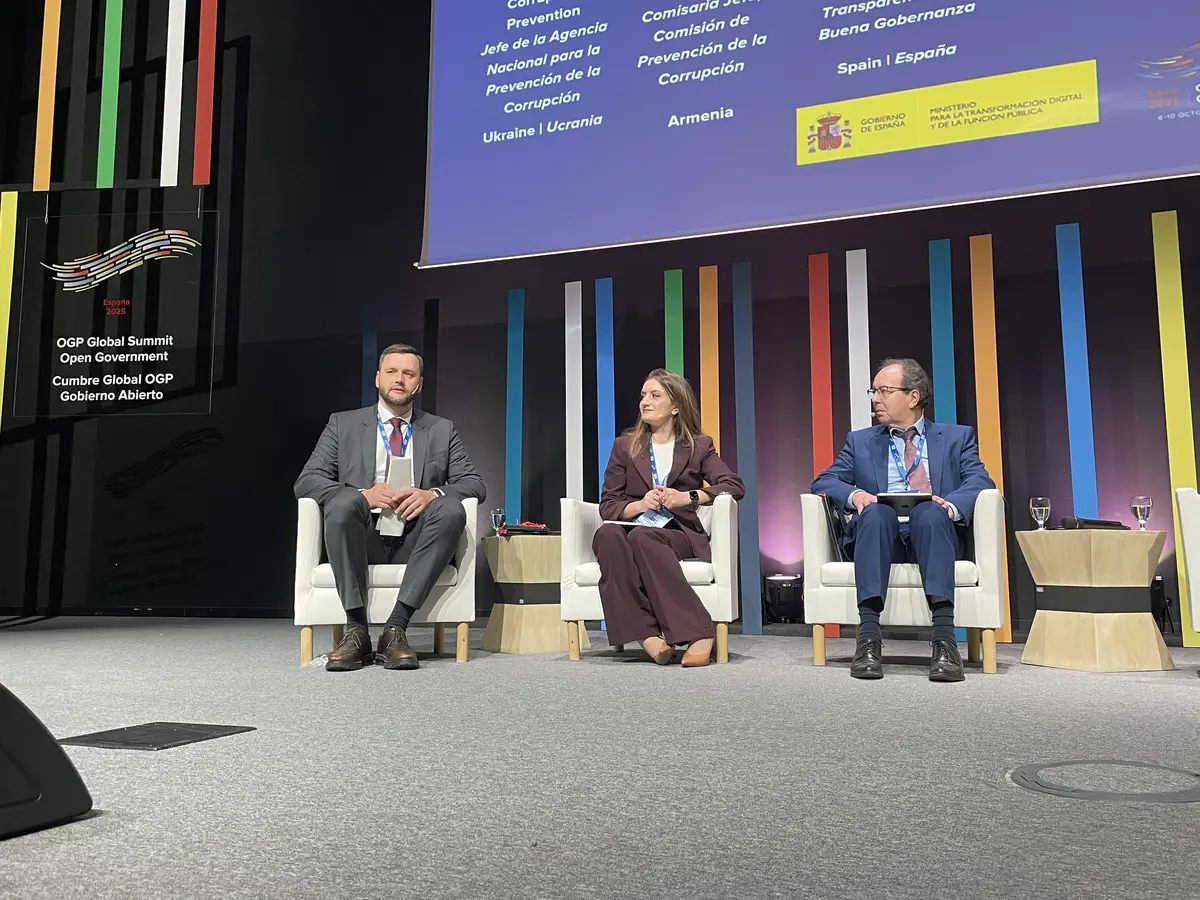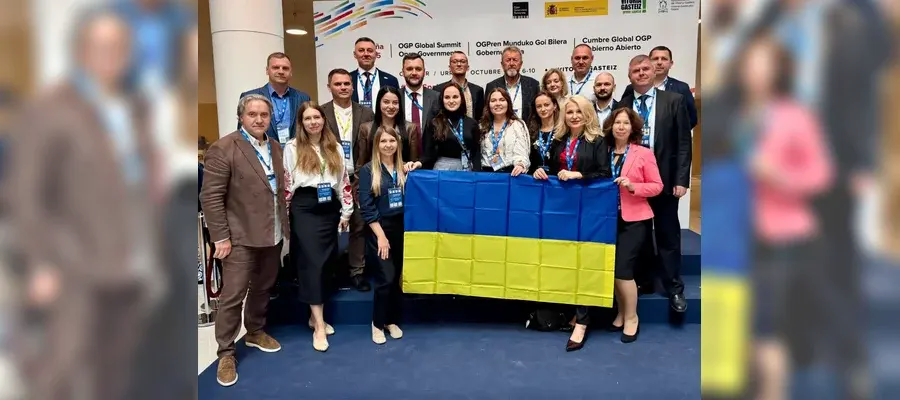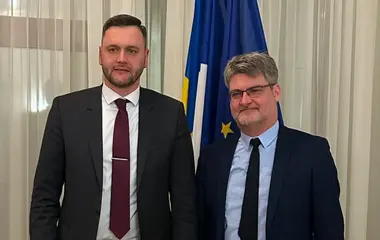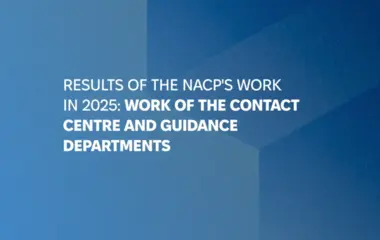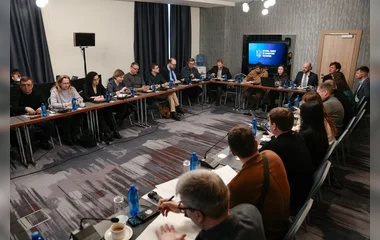From October 6–10, 2025, the team led by the Head of the National Agency on Corruption Prevention (NACP), Viktor Pavlushchyk, took part in the Ninth Global Summit of the Open Government Partnership (OGP). The event was dedicated to sharing experiences and best practices in the field of transparent governance.
Participants discussed the state of development of effective public integrity — from improving legal frameworks and strengthening institutions to fostering new ethical behavior in society.
“Today, Ukraine is at the crossroads of transformational processes — moving from formal bureaucracy, that is, the existence of codes without results, to real, measurable improvements that primarily enhance citizens’ trust in the state. The NACP coordinates these changes by ensuring the implementation of the State Anti-Corruption Program (SACP). This program is not merely a formal list of measures but a roadmap for change for over 100 government institutions,” emphasized Viktor Pavlushchyk, who took part in the discussion.
According to him, the Agency focuses on implementing tools that deliver tangible results — increasing the institutional capacity of state bodies and strengthening public trust in them.
“One such tool is the SACP Monitoring Information System (ISM SACP) — a mechanism for public oversight of the implementation of each measure of the Program. Through the ISM SACP, the state engages society in shaping new governance standards and contributes to the strengthening of democratic values. At the same time, the Rule of Law Roadmap aims to ensure alignment with the EU acquis, effective regulation of conflicts of interest, and enhanced whistleblower protection,” noted the Head of the NACP during the panel discussion “Integrity in the Public Sphere, Transparency, and Ethics.”
He also emphasized that Ukraine’s experience demonstrates that even under martial law, it is possible to implement innovative accountability mechanisms and develop strategic international partnerships to strengthen integrity — which will serve as the foundation for post-war recovery. For example, NACP is actively preparing for the launch of a new asset declaration campaign, working on both technical improvements to the Register of declarations and methodological updates to make the process easier for public officials.
The Head of the NACP also highlighted the methodological support provided by the Agency to public institutions in developing their anti-corruption programs, which demonstrates that transparency and accountability are achievable even under martial law.
On the sidelines of the Global Summit, the NACP team held a series of bilateral meetings, including with Jesper Johnson, Deputy Head of the OECD Division, who commended Ukraine’s progress in anti-corruption reforms and reaffirmed the OECD’s readiness to provide further expert support.
Meetings were also held with Maíra Martini, Executive Director of the Transparency International Secretariat; Blair Glencorse, Co-Chair of the OGP; Daniella Newman (UNCAC Coalition); and representatives from Spain — José Luis Rodríguez Álvarez, President of the Council for Transparency and Good Governance, and Manuel Villoria Mendieta, President of the Independent Whistleblower Protection Authority — as well as representatives from the United Kingdom, South Africa, and Armenia. The parties discussed common challenges and further cooperation in preventing corruption, enhancing transparency, and developing open government tools.
The Head of the Agency thanked international partners for their support, emphasizing that assistance from the EU, G7, and the World Bank plays a crucial role in sustaining reforms in Ukraine.
It should be recalled that the NACP received the Open Government Awards for developing the implementation system of the Anti-Corruption Strategy and, in particular, the ISM SACP as a tool for promoting the values of transparent governance and engaging democratic society in the process. The award ceremony took place during the Ninth Global Summit of the Open Government Partnership (OGP).
